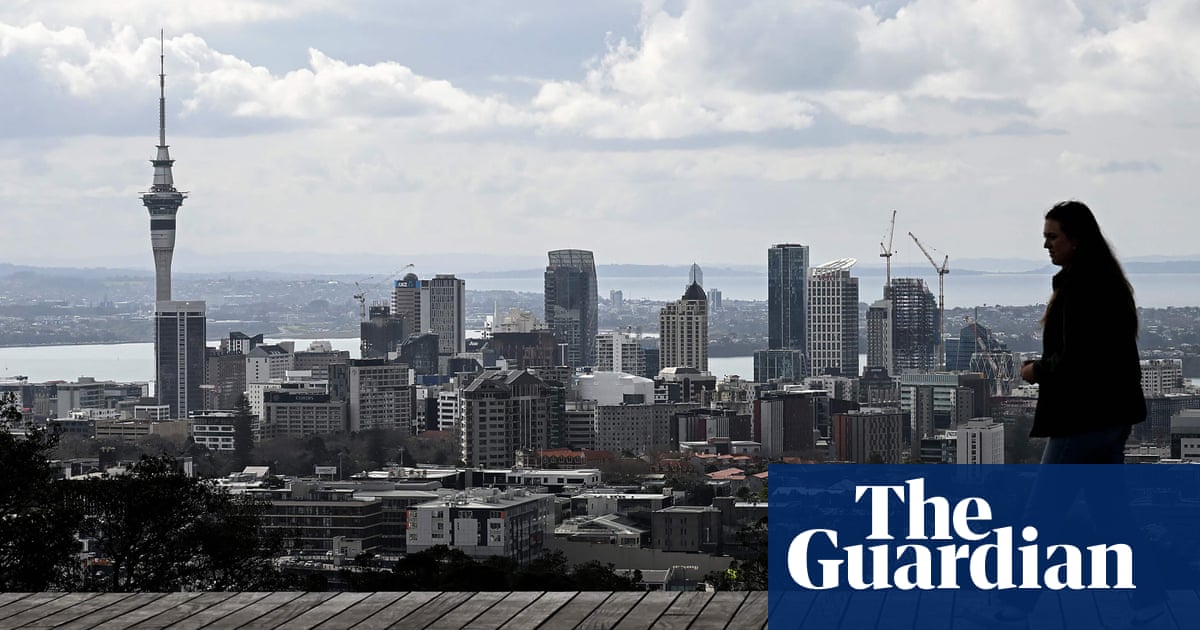Olsen said while it is normal for New Zealanders to leave the country, it will be harder to convince people to return, if there are ongoing issues around housing affordability and job prospects.
That ‘brain drain’ could pose problems for society as the population ages, Olsen said.
“We need to have as many young people as we can who are still part of the economy … who are being innovative and bringing their new thinking to the game so we can be more productive,” he said.
“If we are losing our young talent and we’re not able to attract them back it makes all of [that] so much harder.”



This is the best summary I could come up with:
Stats NZ’s provisional international migration data shows there were an estimated 130,600 migrant departures in the year to April – the highest on record for an annual period.
In recent years, New Zealanders – particularly young professionals and graduates -reported leaving the country due to high living costs and ongoing job shortages.
It is also considered a rite of passage for many young New Zealanders to head overseas once they finish school or higher education.
“Historically, changes in migration are typically due to a combination of factors – those include the relative economic and labour market conditions between New Zealand and the rest of the world,” said Tehseen Islam, Stats NZ’s population indicators manager.
Australian employers have frequently attempted to recruit New Zealand workers with offers of higher pay and better working conditions.
Olsen said while it is normal for New Zealanders to leave the country, it will be harder to convince people to return, if there are ongoing issues around housing affordability and job prospects.
The original article contains 487 words, the summary contains 166 words. Saved 66%. I’m a bot and I’m open source!